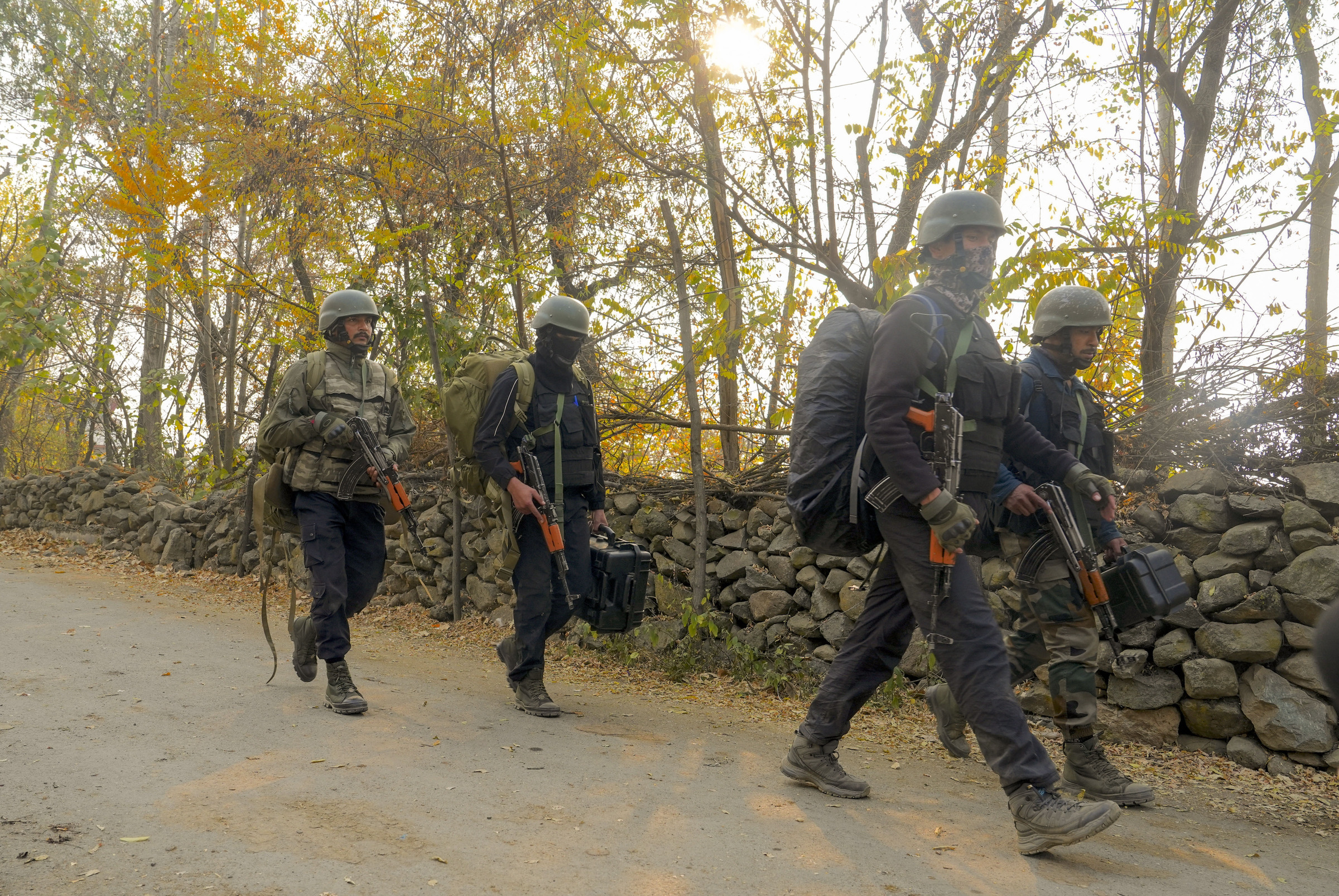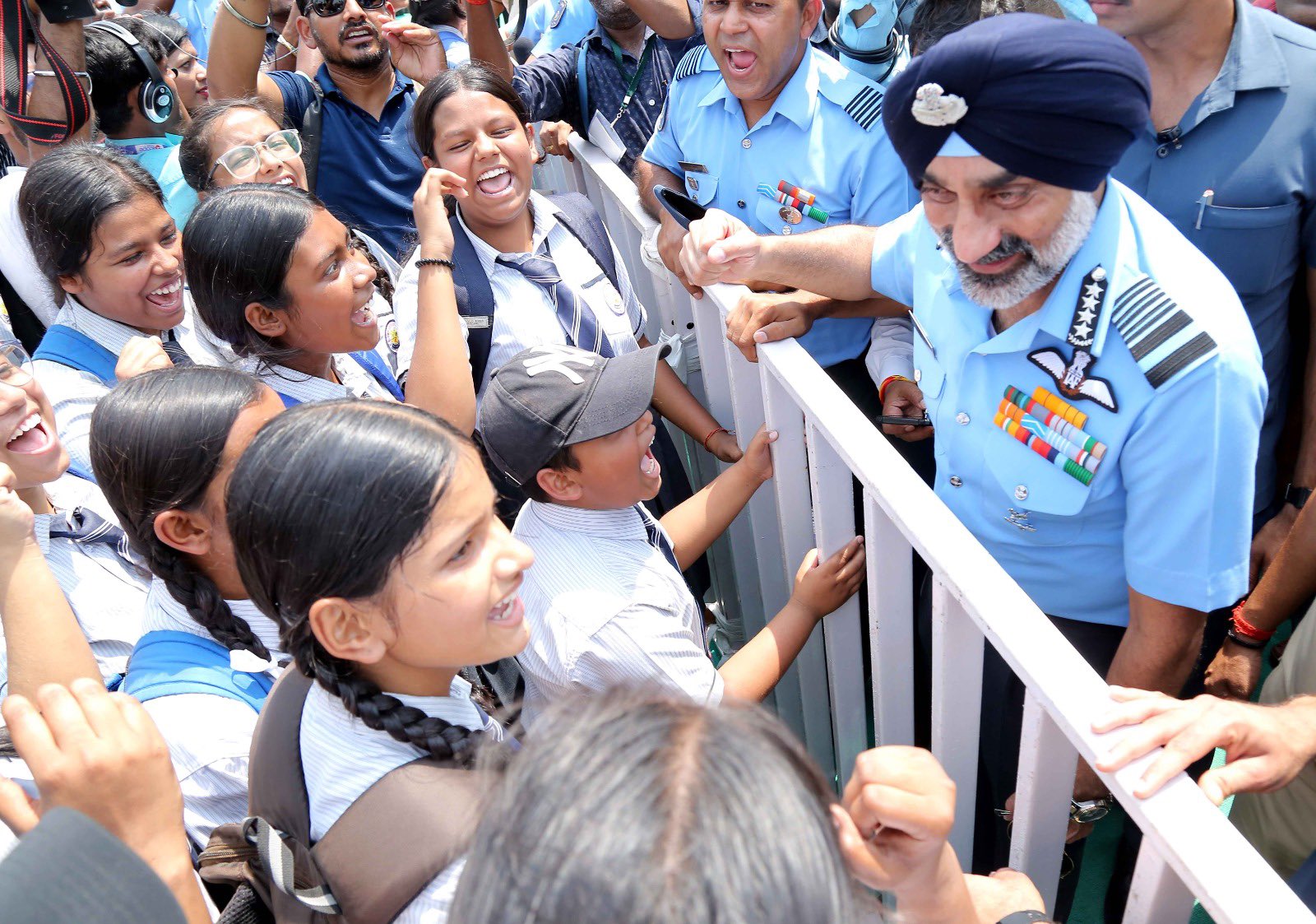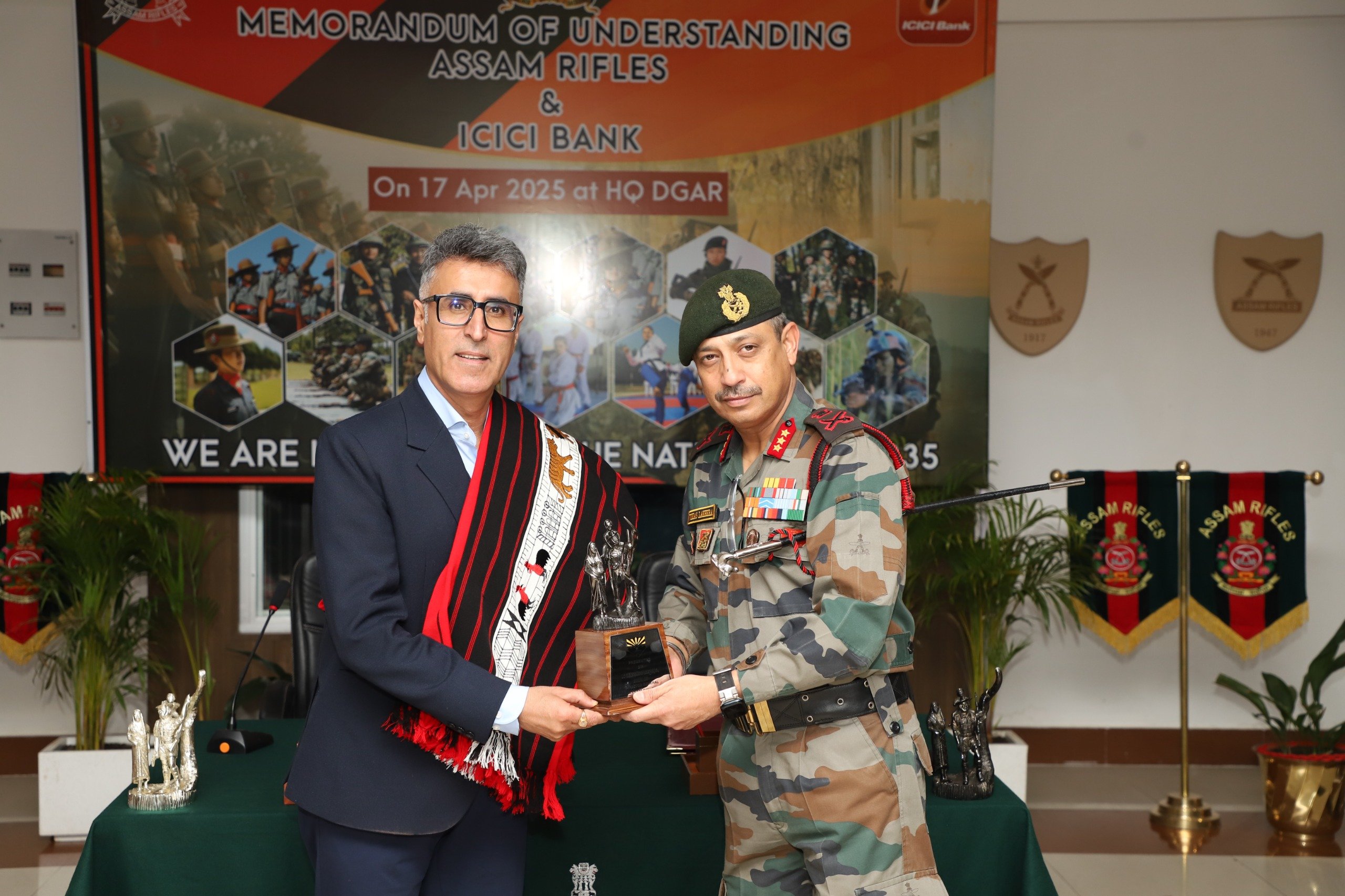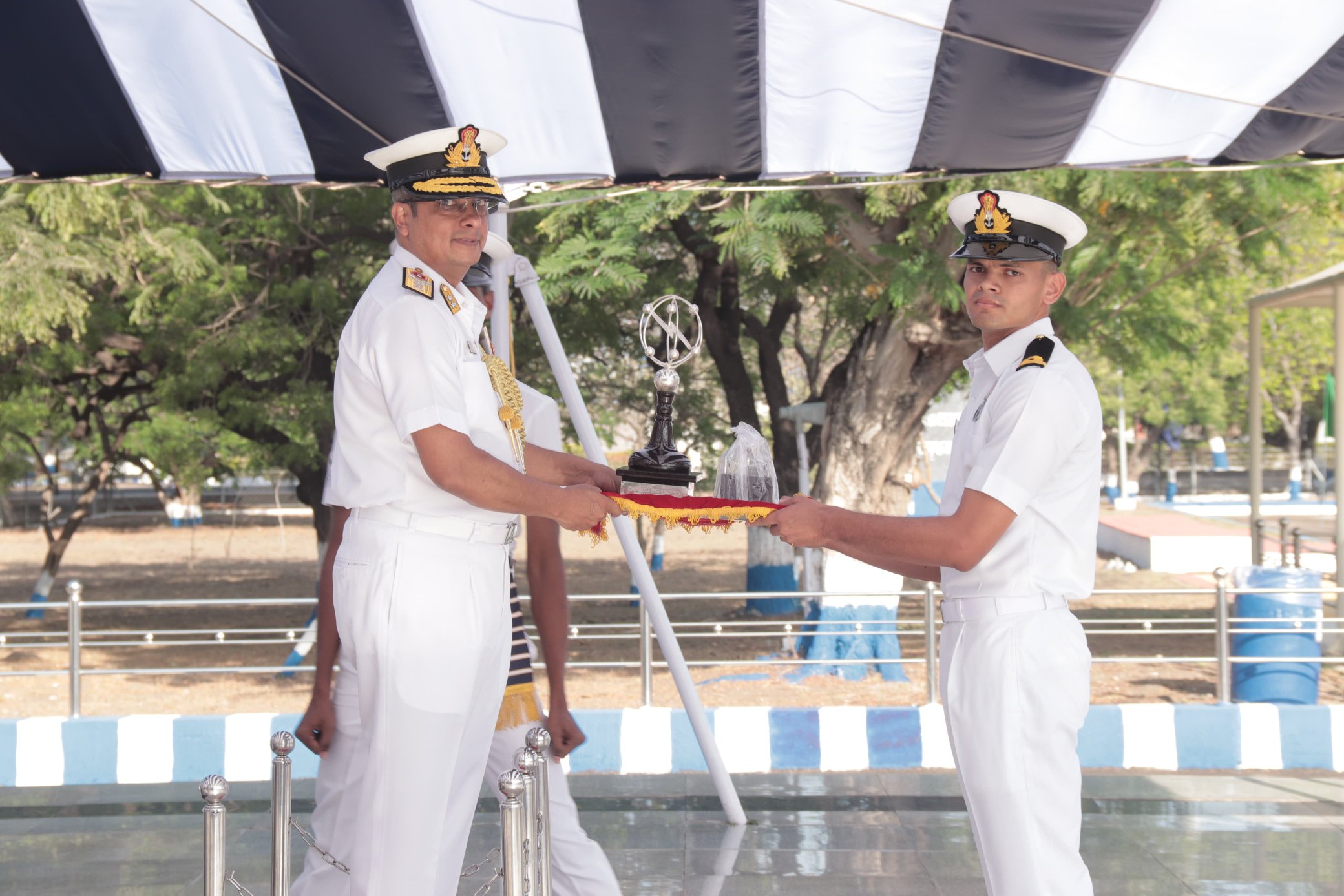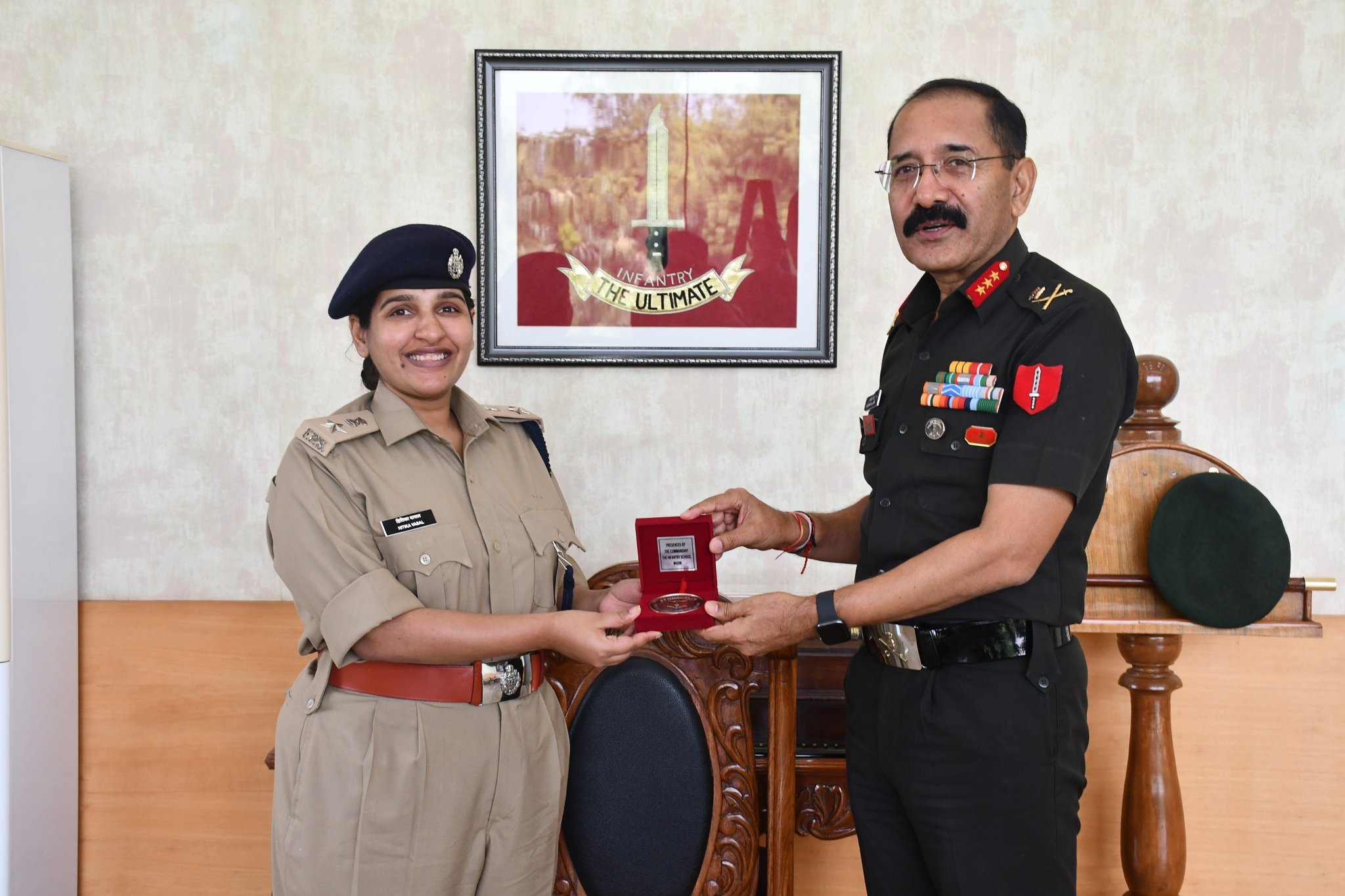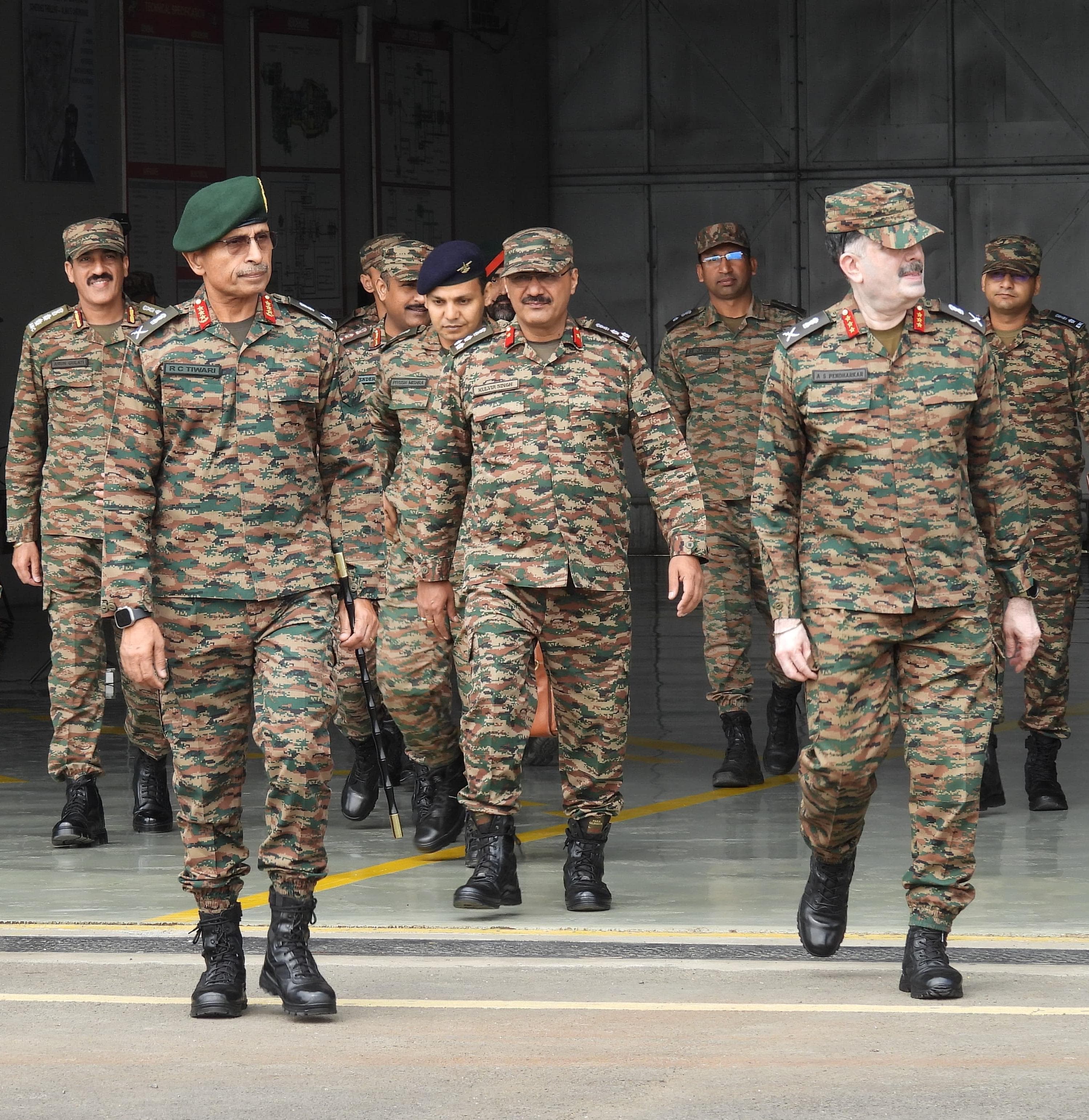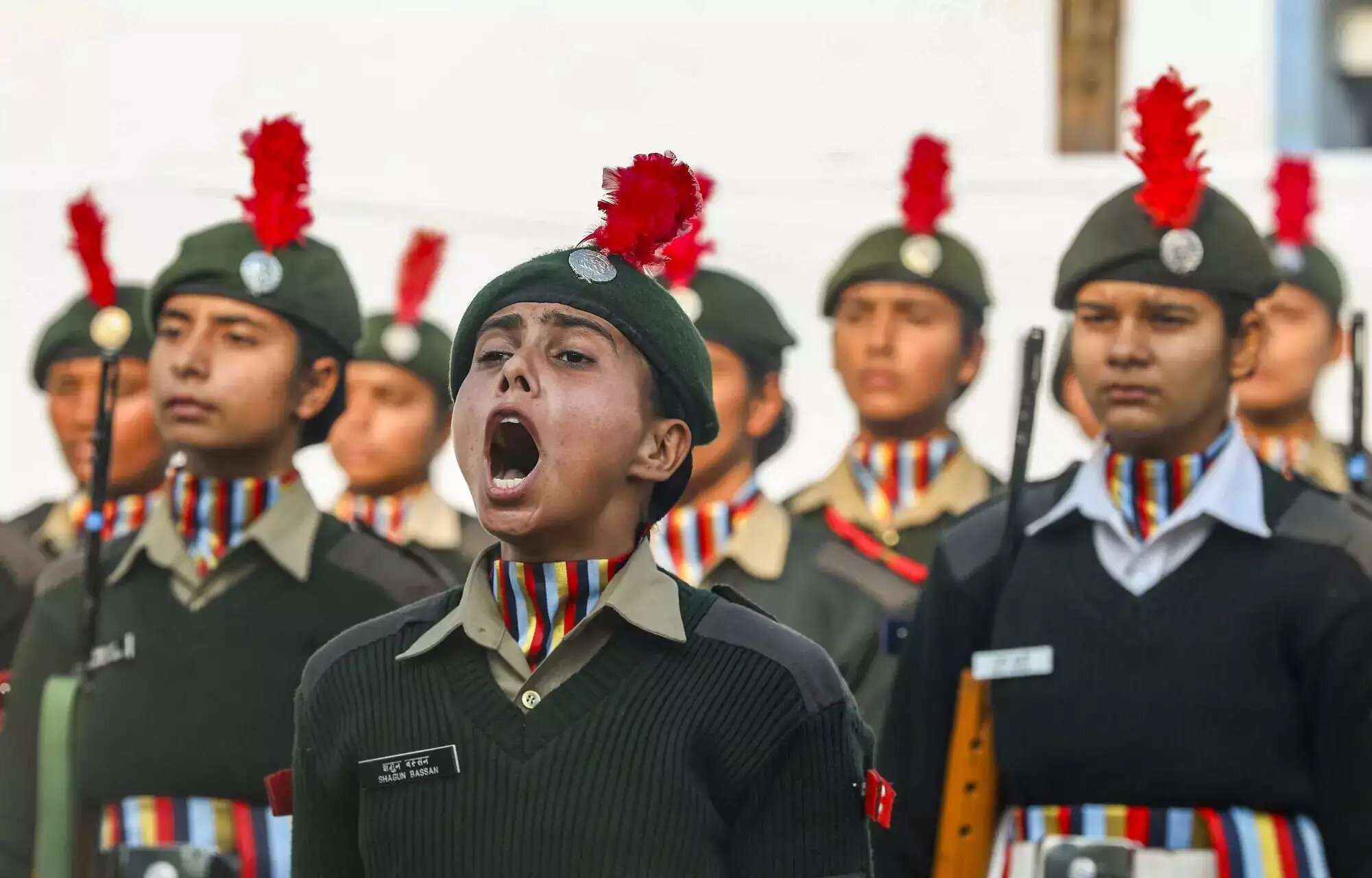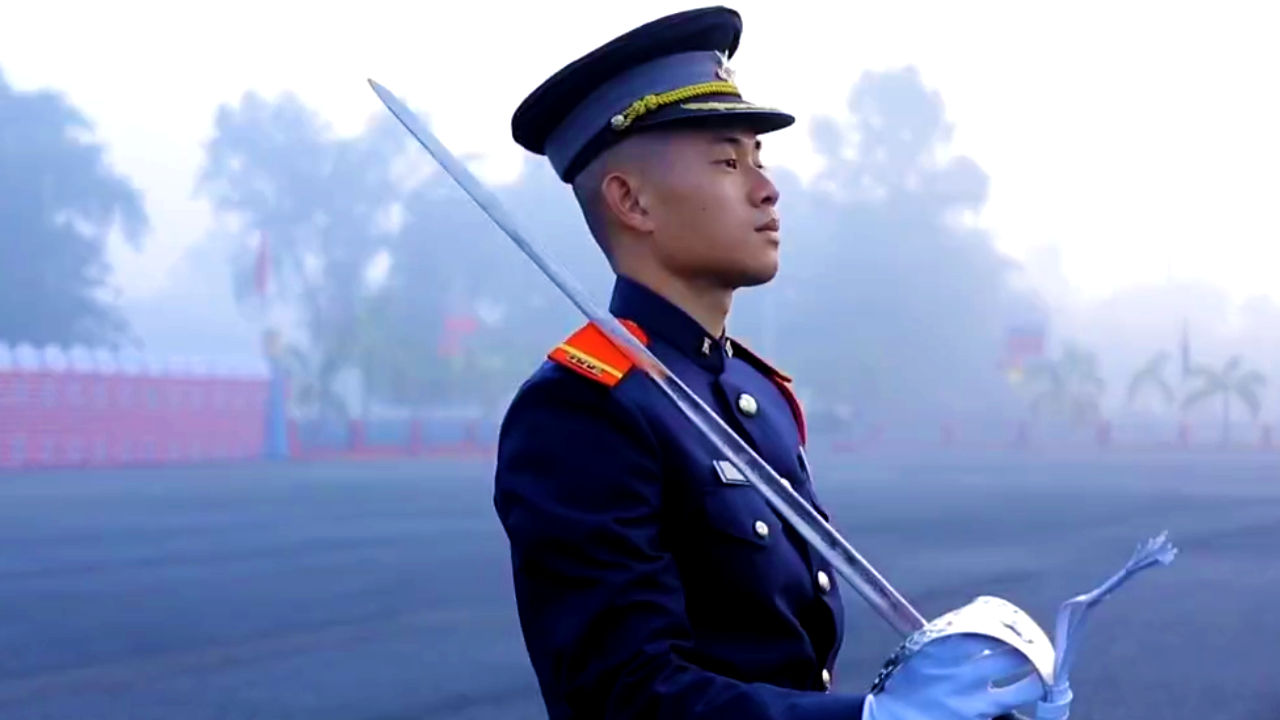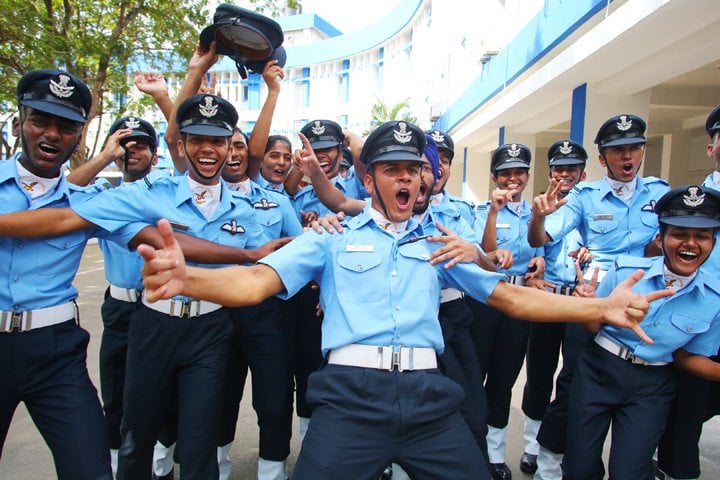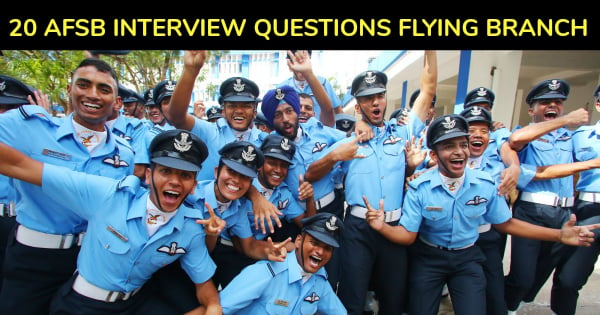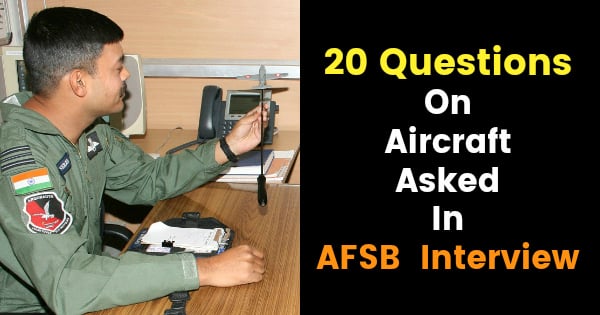In a significant escalation of violence in Jammu and Kashmir, security forces found themselves engaged in a fierce gunfight with separatist militants in the northern Bandipore district on Tuesday. This confrontation was part of an extensive counterinsurgency operation that has been underway for the past three days across various regions of the Union Territory, marking the fifth such clash within the Baramulla-Bandipore-Kupwara belt in just one week.
According to the spokesperson of the Army’s Srinagar-based 15 Corps, commonly known as the Chinar Corps, the joint operation with the Jammu and Kashmir police was initiated in the Nagmarg area following specific intelligence that indicated the presence of terrorists. Upon being confronted, the militants reportedly opened fire indiscriminately, prompting effective retaliation from the security forces, who confirmed that the operation was ongoing.
Compounding the situation, a tragic incident occurred in Srinagar where Abida Zubair, a 45-year-old woman and one of a dozen civilians injured in a grenade blast at a crowded flea market earlier this month, succumbed to her wounds in a hospital. The blast, which occurred on November 3, was linked to three individuals affiliated with the banned militant group Lashkar-e-Tayyaba (LeT). These suspects were apprehended and accused of carrying out the attack under the direction of their handlers based in Pakistan. Originally intended for a mobile bunker of the Central Reserve Police Force (CRPF), the grenade they threw malfunctioned and detonated on the road instead, injuring numerous shoppers and vendors.
The recent surge in terror-related violence and gunfights between security personnel and militants has resulted in the deaths of 26 individuals over the past three weeks, including nine militants, four soldiers, two civilian porters, two Village Defence Guards, and nine other civilians. This uptick in violence notably coincided with the National Conference leader Omar Abdullah assuming the role of Chief Minister of Jammu and Kashmir after his party, in coalition with Congress, triumphed in the recent Assembly elections.
In light of the escalating violence, Chief Minister Abdullah has vocalized his concern, asserting in the assembly that while matters of law and order fall beyond his administrative purview as a Union Territory, he remains dedicated to fostering peace. He emphasized that peace is crucial for the region’s progress and called for collaboration rather than oppression as a path towards stability.
The ongoing extensive search operations, led by the Army alongside the Jammu and Kashmir police’s Special Operations Group (SOG) in the forested areas of eastern Kishtwar, have entered their fourth day. Lieutenant General Naveen Sachdeva, the General-Commanding-Officer of the Army’s 16 Corps, made an on-the-spot assessment of the situation amidst these operations, which were initiated following the kidnapping and murder of two Village Defence Guards in the area.
Additionally, on November 10, a Junior Commissioned Officer from the Army’s 2 Para (Special Forces) lost his life, and three other soldiers were injured during a clash with militants in Kishtwar, believed to be the same group responsible for killing the VDGs.
As the security landscape continues to evolve, the Army’s Northern Commander, Lieutenant General M.V. Sudhindra Kumar, visited the White Knight Corps headquarters to evaluate the troops’ readiness and encouraged the highest standards of professionalism and alertness in counter-terrorist operations. The mounting violence in Jammu and Kashmir poses a critical challenge, underscoring the importance of coordinated efforts among the security agencies to restore peace and security in the troubled region.

